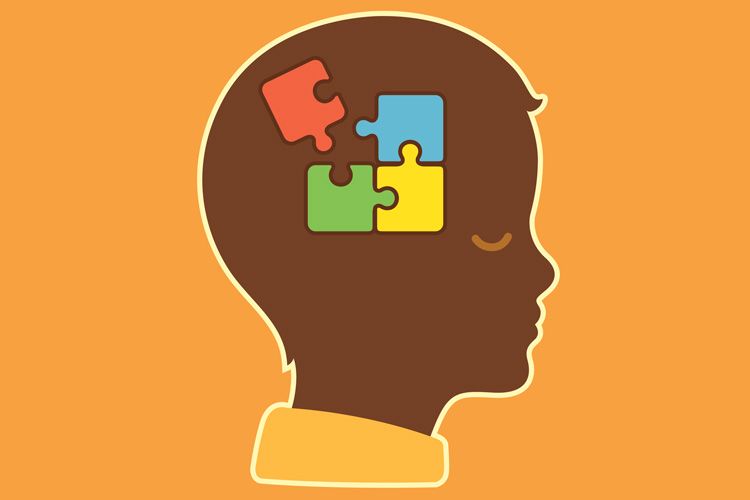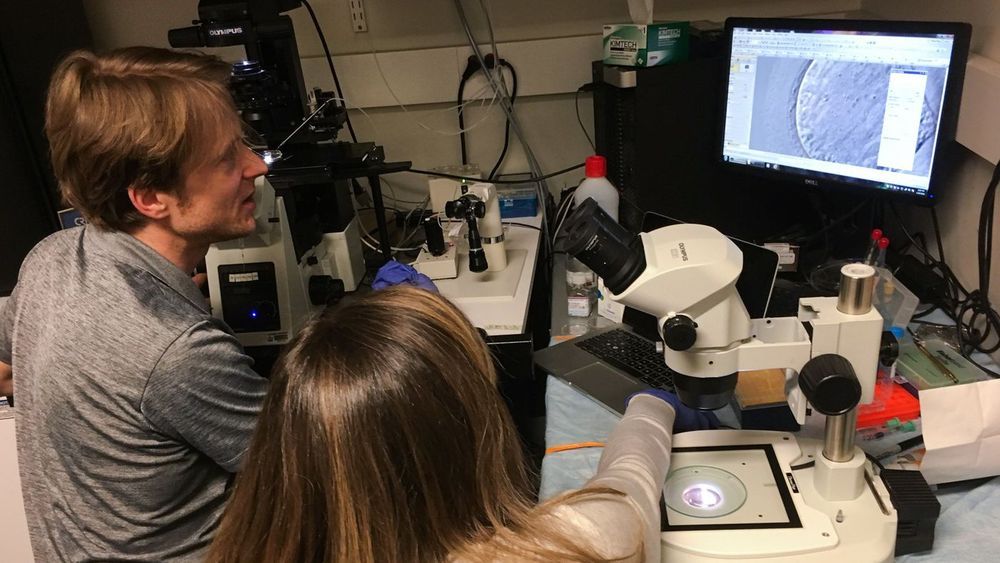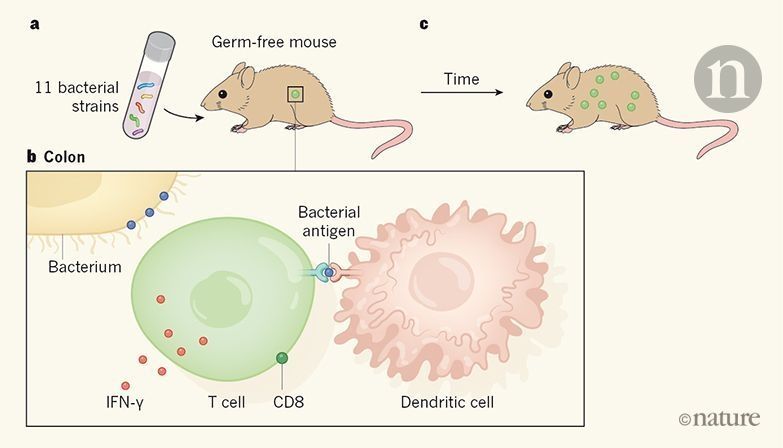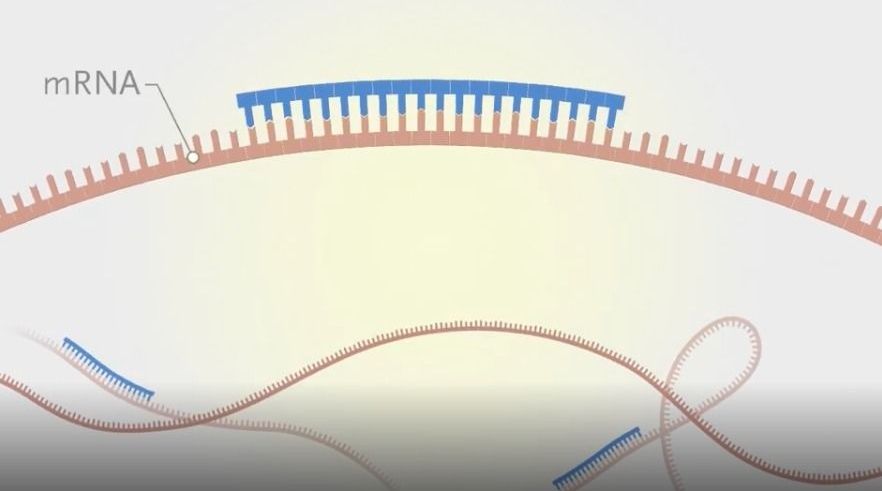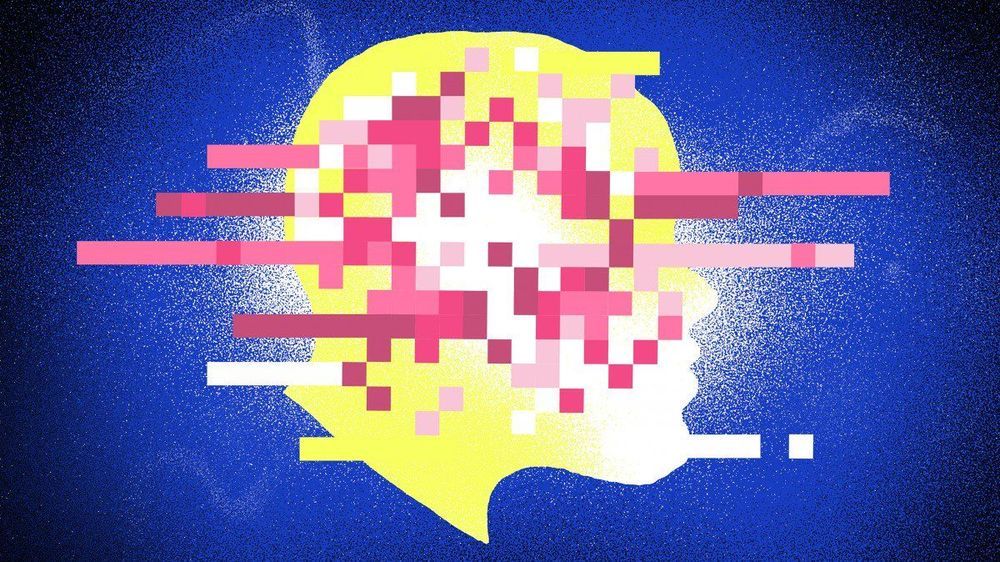Diagnosed cases of autism spectrum disorder (ASD) in California rose by 600 percent from 1990 to 2003. Irva Hertz-Picciotto, Ph.D., director of the Environmental Health Sciences Core Center at the University of California-Davis, published this statistic in the journal Epidemiology a decade ago.
The esteemed epidemiologist told the audience during the Jan. 8 NIEHS Distinguished Lecture that she and her colleagues have only been able to explain a third of the increase.
“No single factor accounts for all autism cases, nor is there one event or exposure that can be responsible for the rapid increase in diagnoses,” said Hertz-Picciotto. “Each child’s path to altered brain development may be different.” Her talk was hosted by NIEHS and National Toxicology Program (NTP) Director Linda Birnbaum, Ph.D.
